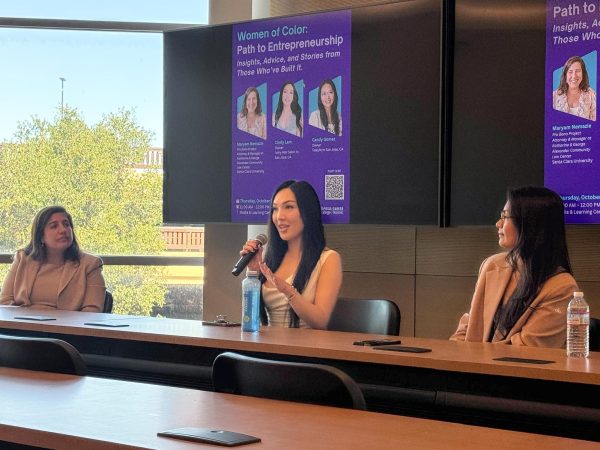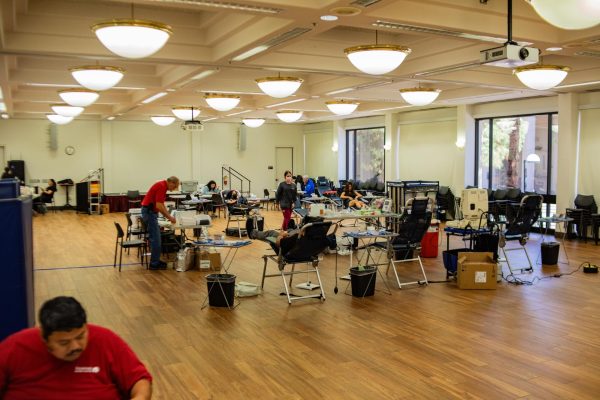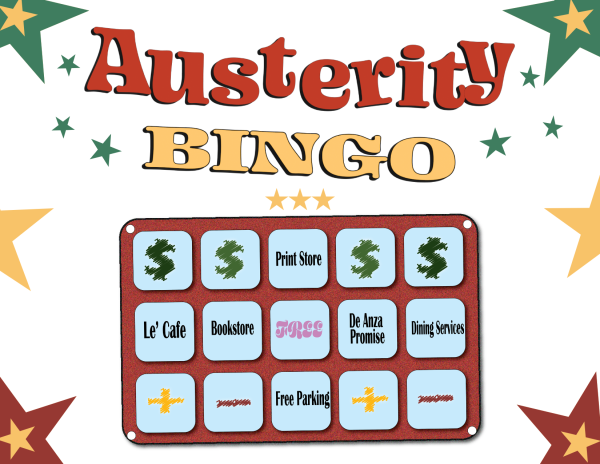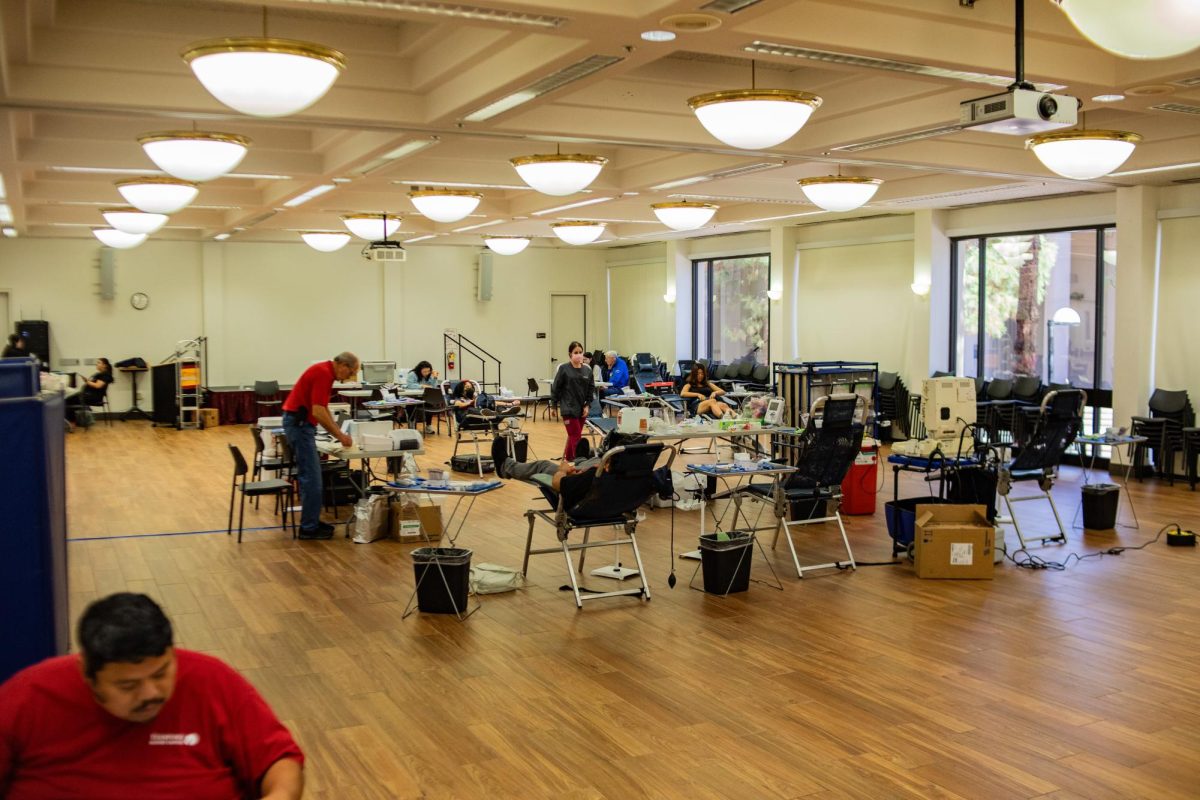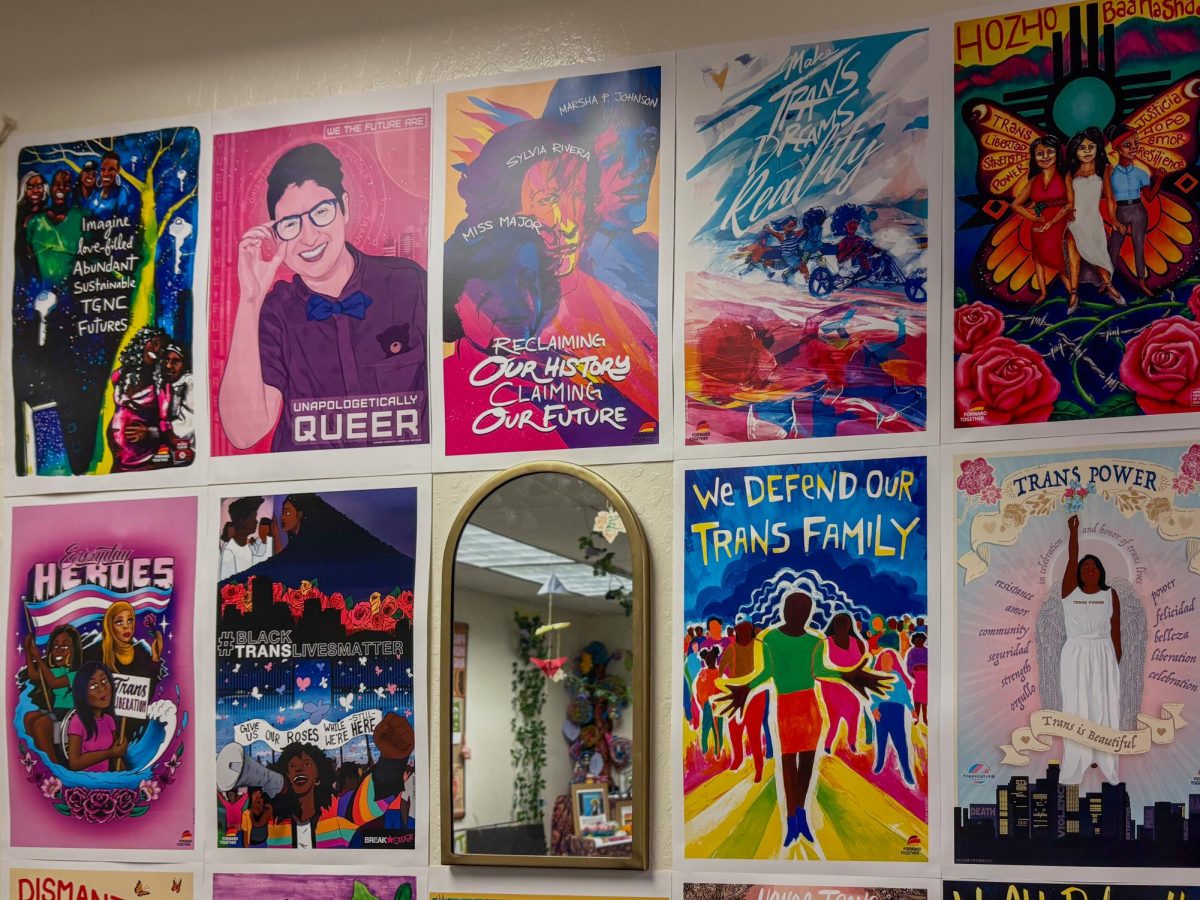Trump vs. Starbucks: A fight for Christmas, American values
November 30, 2015
Folks, it’s getting to be the end of the year, which means it’s time for the grand old tradition: the war on Christmas! Yes, the annual battle for the soul of Christmas, manufactured by right-wing pundits, has begun in earnest.
This year, the first shots were fired by Starbucks, who showed their Grinch-like hatred of Christmas by releasing plain red holiday cups.
Ask anyone at Fox News and they’ll tell you that this is just another move by liberals to erase Christmas as a part of their political correctness campaign. Nevermind that the images from previous years’ cups, snowflakes, snowmen and holly, had very little to do with Christian tradition.
It’s also a red cup with a green logo. Red and green: the two colors of Christmas.
In the end, though, the Starbucks cup controversy is just another petty complaint in a fake hot-button issue that has gotten out of control.
Case in point: Donald Trump addressed the issue and suggested that supporters boycott Starbucks at a Nov. 9 campaign rally.
This is a man who is running for the most powerful seat in the U.S. government, putting his two cents in an issue that isn’t even real. The crowd ate it all up, booing any mention of Starbucks.
More chilling, however, are his following comments.
“If I become president, we’re all going to be saying ‘merry Christmas’ again, that I can tell you,” Trump said. “That I can tell you. Unbelievable.”
Trump said this in reference to the recent practice of saying “happy holidays” instead of “merry Christmas,” to accommodate the growing number of people in the U.S. who are not Christian. As if the idea of people celebrating any other holiday other than Christmas this season is offensive and having a culture different from your own is also offensive. The war on Christmas might be a fake issue, but it’s a manifestation of the jingoistic and intolerant rhetoric that has taken root in the U.S.
The worst part is that other politicians who could have a real impact on our futures encourage this virulent attitude, if only to bolster their numbers, causing conflict where there should be none.
And finally, do we really need to be in another war?
















